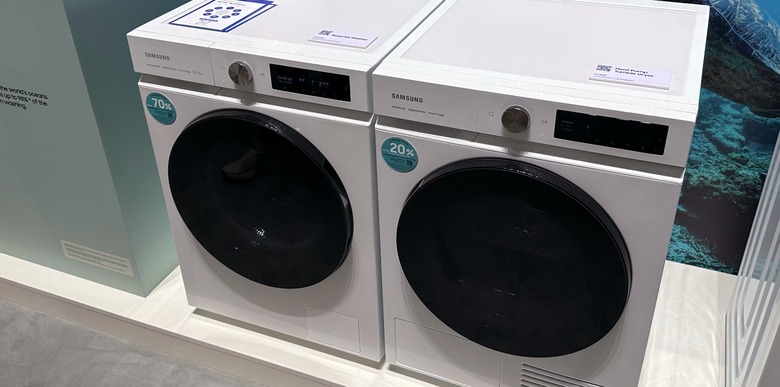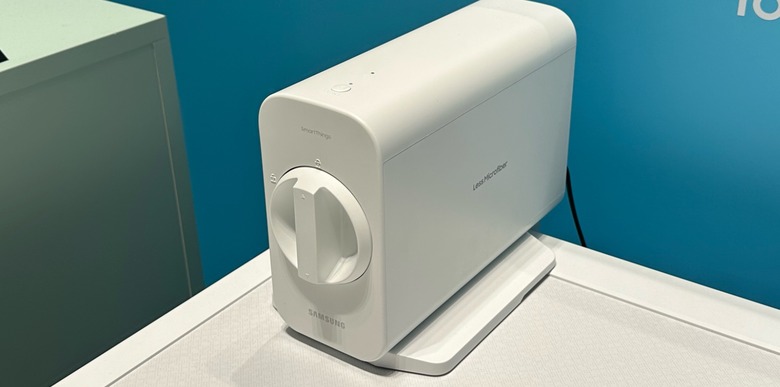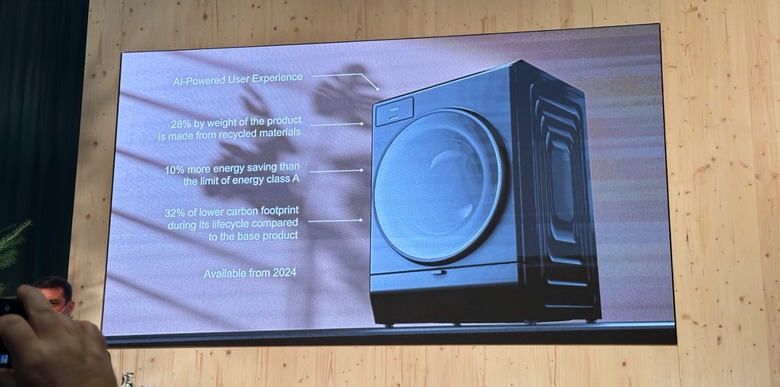Brands At IFA Want To Convince You That Buying A New Washing Machine Will Help The Environment
One of the hottest topics at IFA 2023 was sustainability. As the trade show and the brands say, this is consumers' key concern when choosing a new product. While many companies aim at a carbon-neutral goal for the next (few) decade(s), one product category that felt like it could save the world if only every customer bought a new one: a washing machine.
I can't count how many press events and booths I visited that promised that their newer washing machine was the one that would prevent water waste, polluting the environment, and more. Even though the issue is real – we need to take better care of our planet – how weird it is that all existing washing machines are evil from night to day, and only the new ones are good?
That said, if you plan to get a new washing machine, this might be the best moment. Here's what I gathered from some companies and what they're doing to help the environment.
Could buying a new washing machine save the planet?
The answer might be yes if you return to Samsung's IFA 2023 conference. The company unveiled a new washing machine with up to 40% less energy consumption than needed to reach the A energy efficiency class limit.
With an AI Energy Mode through SmartThing, next year's washer will intelligently reduce energy usage by up to 70% with Ecobubble mode. In addition, it will show daily, weekly, and monthly power consumption and estimate monthly electricity bills.
But Samsung has a new option if you can't wait until 2024. A partnership with Ocean Wise created not only a Less Microfiber Cycle for Bespoke washing machines, but they also announced a Less Microfiber filter.
Ocean Wise says 900 tons of microplastic is released into the ocean by the US due to the way washing machines work. With this Less Microfiber cycle, it's possible to improve this issue by 54% and up to 98% with this new filter.
For those unaware, microfiber pollution is caused by tiny plastic particles, mostly polyester and nylon, that clothes shed during washing, so this is why Samsung raised awareness on the matter.
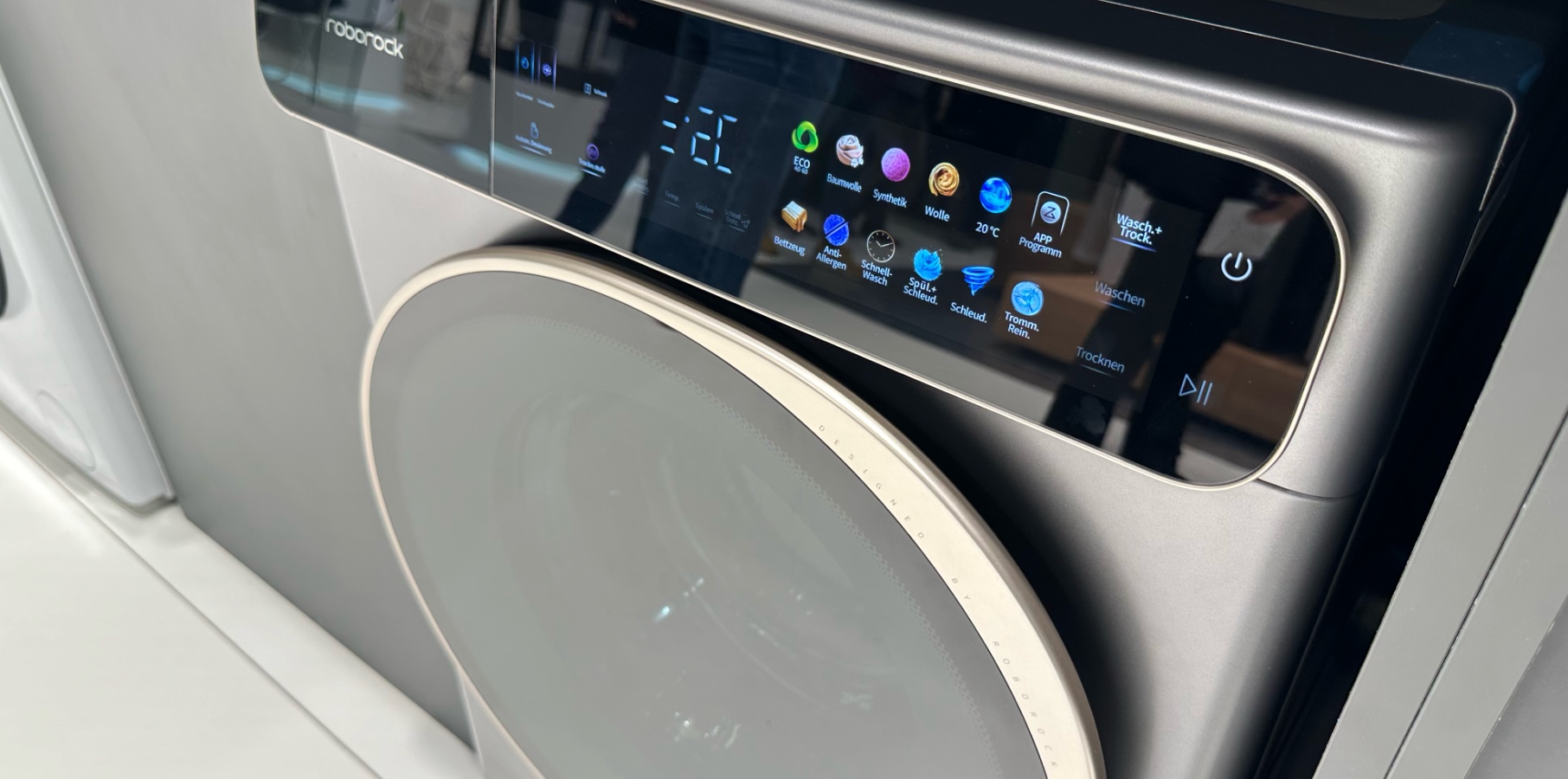
Besides the South Korean company, Roborock, for example, introduced a washing machine with a Zeo-cycle function, which dries clothes more efficiently without overheating them. Roborock uses a honeycomb structure with over 20,000 holes and a 288,000 square meter absorption surface to "give your clothes gentle but powerful caring," reducing microfiber pollution.
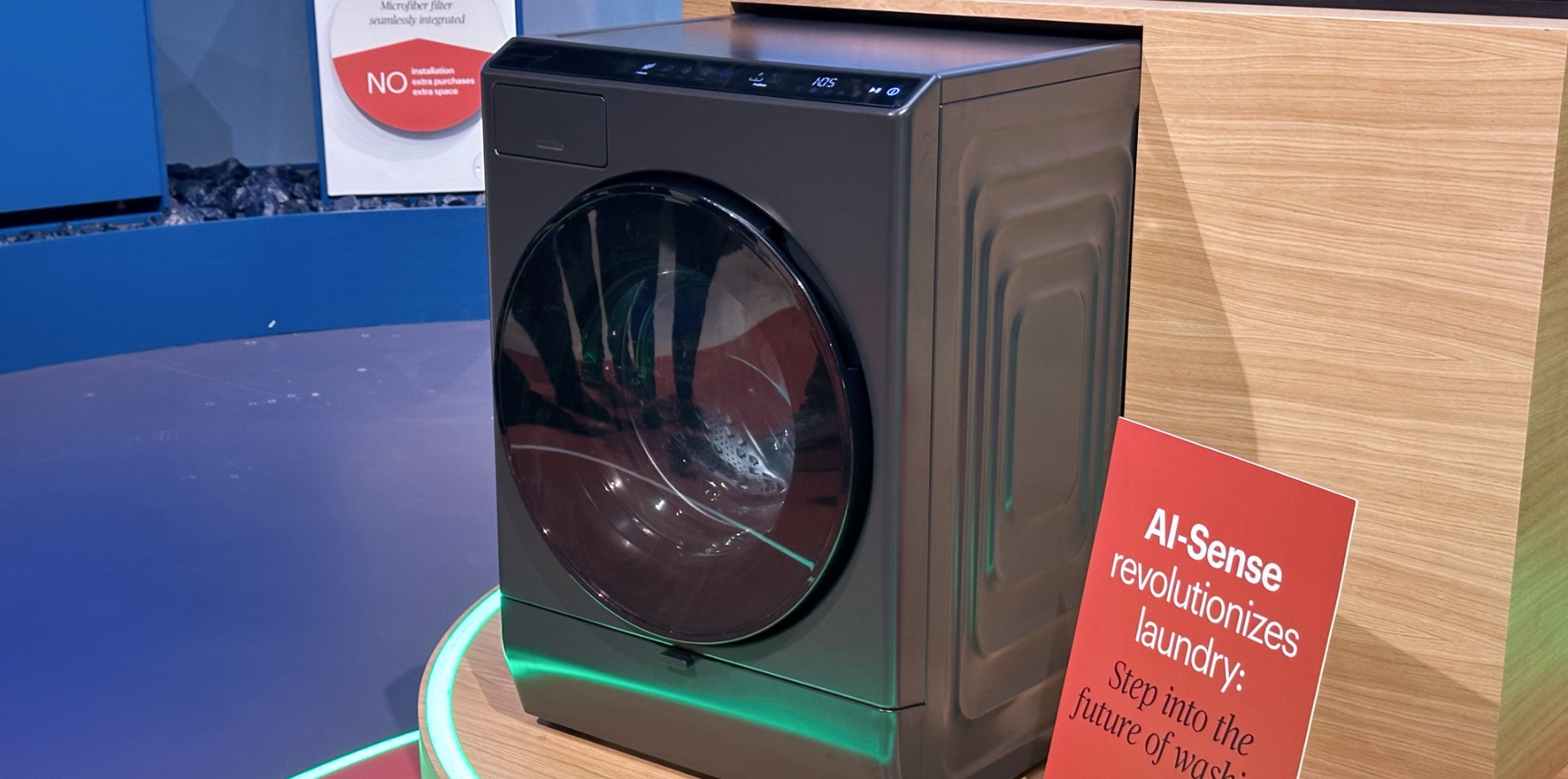
The Turkish company Beko also announced a new machine that reduces energy consumption by up to 35% and will arrive by the end of 2023. In 2024, Beko will release a new washer with AI-sense, which is 10% more energy efficient than the limit of energy class A for every mode, offering a 32% lower carbon footprint during its lifecycle compared to the company's base product.
Of note, Beko has been making big strides lately when it comes to innovative tech in appliances. Check out our Beko refrigerator review to read about the company's unique technology that keeps produce fresh for up to 30 days.
Wrap up
These are only a few examples, as LG, TCL, Electrolux, and many other brands also promoted more power-efficient washers. While innovation in home appliances is always appreciated, I thought it was interesting to point out this market necessity that wants to make all consumers upgrade their washing machines now – or in a few months from now.
The question remains: what to do with the washers we currently have at home?
